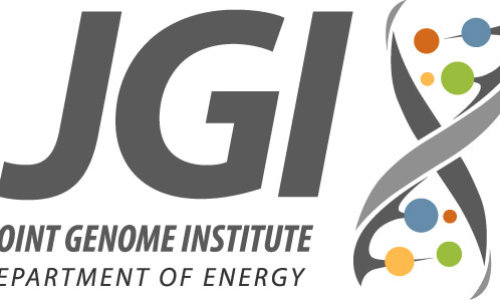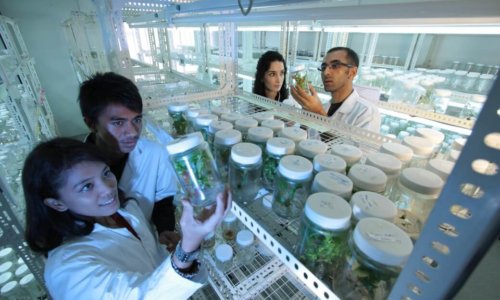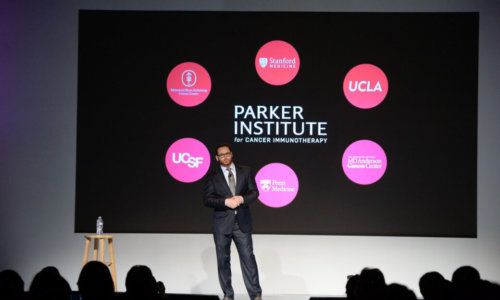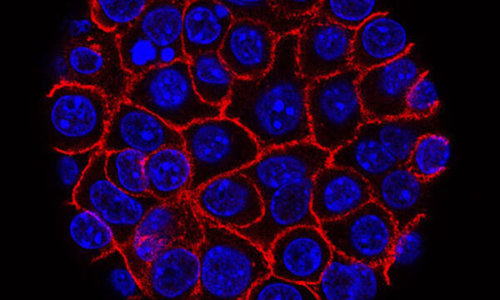Synthetic Genomics Platforms Allow Rapid Reconstruction Of SARS-CoV-2
Reverse genetics has been a valuable tool for producing insights into viral pathogenesis and vaccine development. Large RNA virus genomes, such as from Coronaviruses, are cumbersome to clone and to manipulate in E. coli hosts due to size and occasional instability. Therefore, an alternative rapid and robust reverse genetics platform for RNA viruses would benefit … Read more









